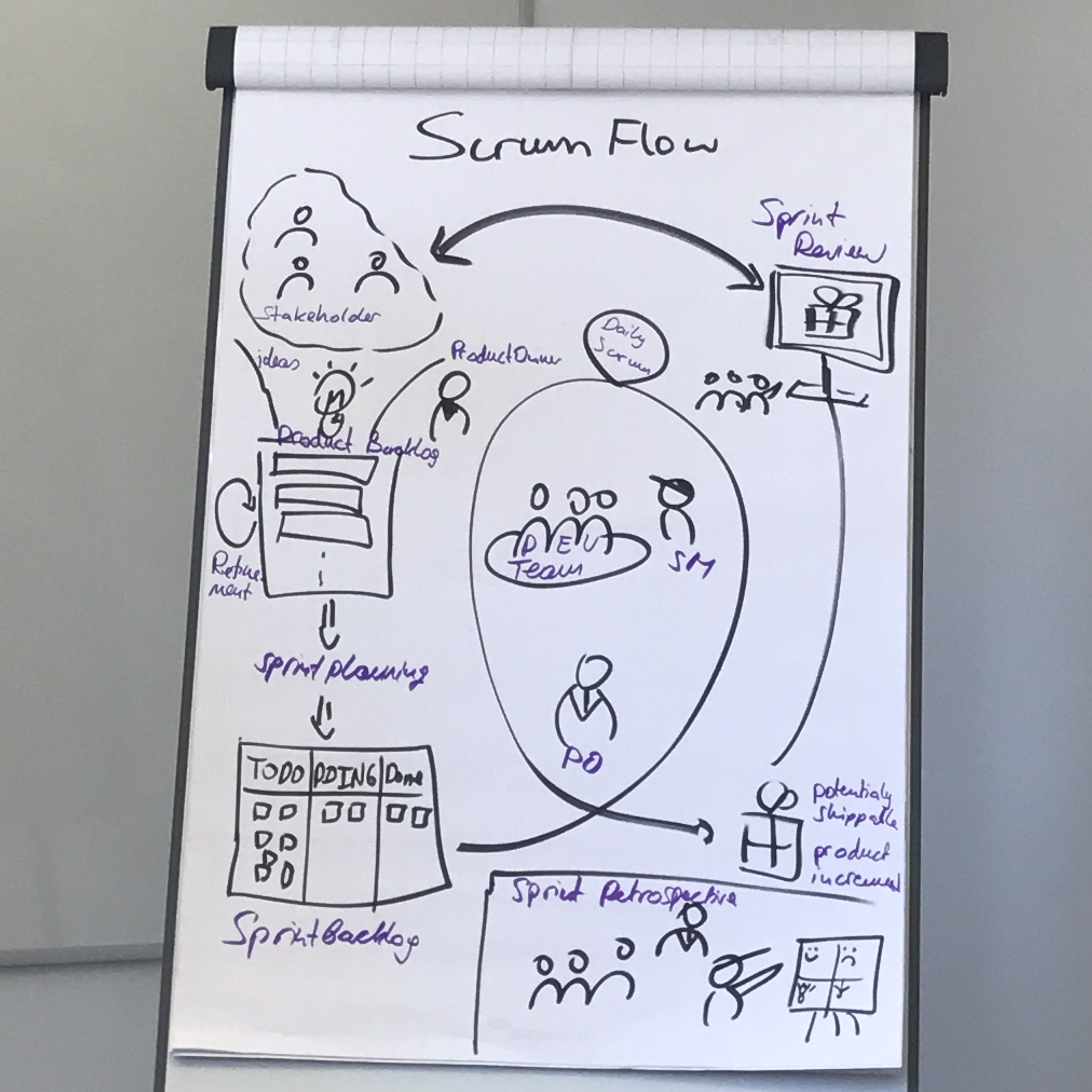Hader wrote an interesting piece about how he observes the changes in the Egyptian society over the past 70 years and how he sees it since he left two years ago to Amsterdam.
It is a courageous piece. It will draw a lot of noise due to the openness by which Hader discusses how things changed. Which makes me break my rule of silence about Egypt and voice what I also see.
For me the biggest change to the Egyptian society, which was the deal breaker by which I decided to leave, is the change in the moral landscape of Egyptians and what they consider moral or not.
Egyptian kids — including myself — are never taught to think. We were force fed everything from our parents, the society, and the state media.
We were taught cheating is wrong, but most parents would be ok if their kids cheated and became the top of their class. We were taught not to bribe, and then we see our parents bribing others to get things done or escape a driving ticket.
You might argue “force feeding” is the same in every society, but there are three main differences between Egyptian/Middle Eastern societies and the west.
- Our education system didn’t teach us how to think to reach a conclusion.
- Those who think and disagree are not allowed to speak their minds for the fear of being despised by the society that’s dominated by conservatives.
- Egyptian parents stay involved in their kids’ life until they get married, others still have the same involvement even after their kids marry, which makes breaking the chain harder.
- The fundamental changes in the society starting from the 70s, led to a big divide in the moral landscape, which later resulted in the loss of common middle ground that was untouchable before.
This contradictory saying vs doing dilemma made most of us unstable when it came to moral judgement and decision making. Everyone was ok with it until two big things happened, the internet, and the revolution.
The internet made us realize what we are taught is not exactly right, and there are many others who are just like us.
The revolution made us distrust the people we used to admire and get inspiration from. The also used to establish the foundation/escape from which we derive our moral judgements.
We — as Egyptians — found ourselves suddenly in front of a big moral challenge. We had to make up our mind for really tough questions. The biggest one for me — which resulted in the decision of leaving the country — was:
Is it ok to kill people with whom we disagree on political issues on the basis we think they threaten social stability? Is it ok to arrest them? Torture them?
We were told “The wiping away of the world means less to Allah than a believer to be killed unjustly”, but we saw thousands being killed unjustly on the street in one day and other “believers” cheering and asking for more.
If someone would have told me this will happen, I would have said they are crazy. Sadly, many people were ok with that, more than I imagined, they were spread across almost everyone’s circle. I decided I don’t want to live with those people. I left.
We didn’t learn or got the freedom to think and decide. When you discover what you are told is wrong or not working anymore, without an alternative or a methodology to find an alternative, you get the extremes we have today, and the rest — such as my self — stay silent, or leave.
This cultural force feeding of morality led to where we are today. And it will get worse.

